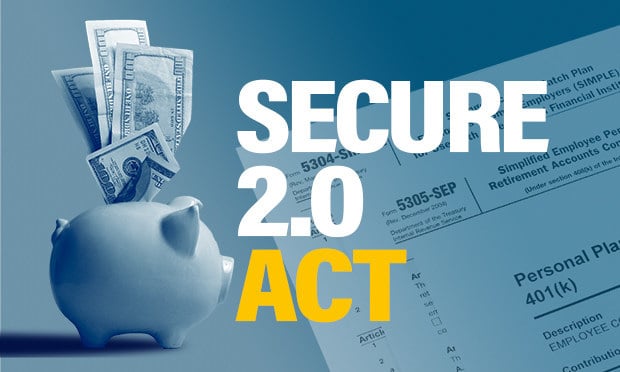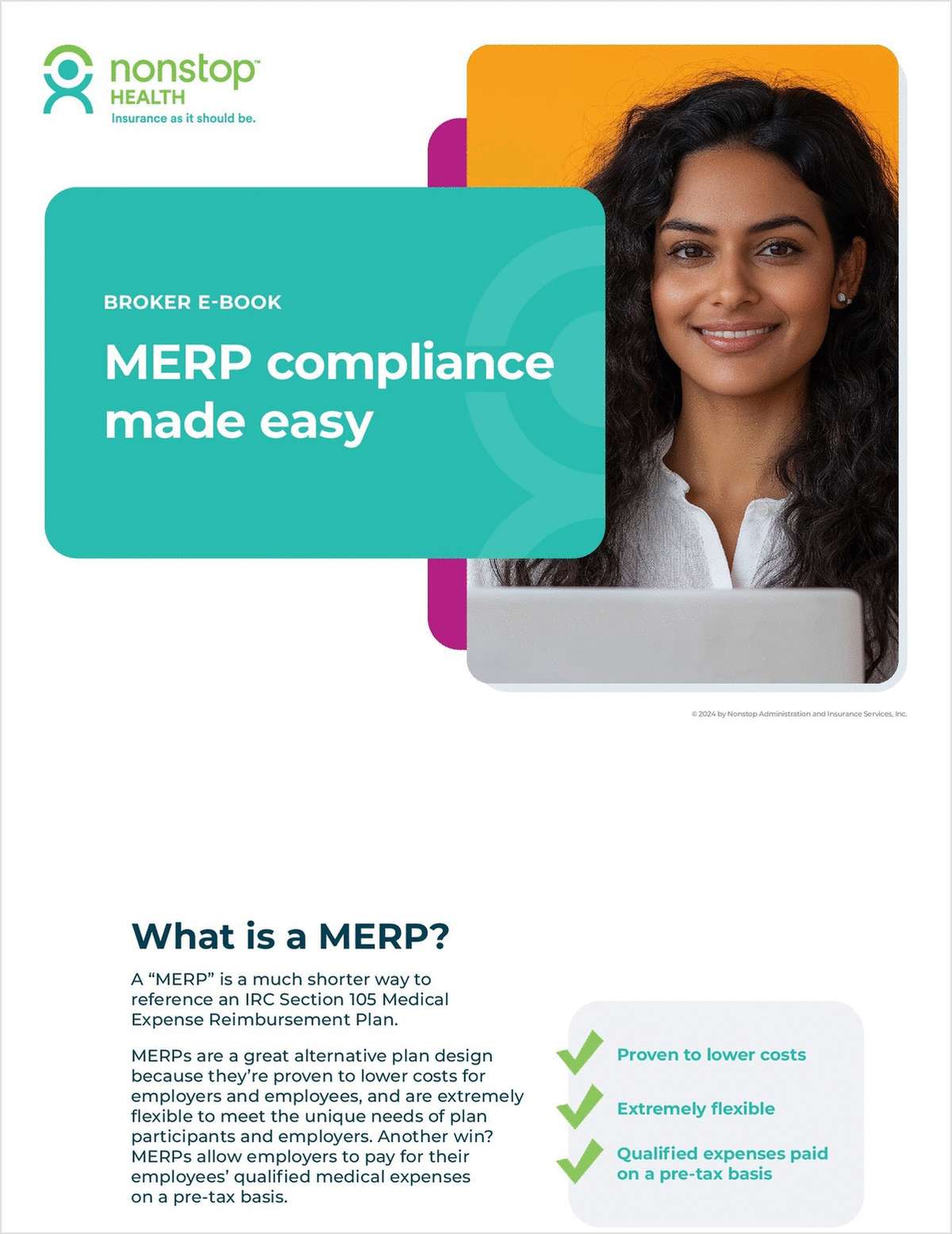Missed the deadline for IRA and retirement plan rollovers? Don’t panic — the IRS may be able to give you a waiver.
The agency has announced a self-certification procedure that is “designed to help recipients of retirement plan distributions who inadvertently miss the 60-day time limit for properly rolling these amounts into another retirement plan or individual retirement arrangement (IRA).”
Revenue Procedure 2016-47, on the IRS website, explains how taxpayers can qualify for a waiver. That can potentially save them the necessity of paying early distribution taxes. The procedure also offers a sample letter for self-certification that a taxpayer can use to notify the administrator or trustee of the retirement plan or IRA receiving the rollover that they qualify for the waiver.
If taxpayers missed the deadline prior to the issuance of this self-certification procedure, they would have had to request a private letter ruling from the IRS in order to obtain a waiver. Now, however, the new procedure provides 11 circumstances, under one or more of which a taxpayer may self-certify and qualify for a waiver. Usually, the IRS and plan administrators and trustees will honor a taxpayer’s truthful self-certification that they qualify for a waiver under these circumstances.
The agency said that, even if a taxpayer does not self-certify, the IRS now has the authority to grant a waiver during a subsequent examination.
The circumstances under which a taxpayer may self-certify to qualify for a waiver are the following:
- |
- An error by the financial institution receiving the contribution or making the distribution to which the contribution relates.
- The distribution check being misplaced and never having been cashed.
- The distribution was deposited into and left in an account that the taxpayer mistakenly thought was an eligible retirement plan.
- Severe damage to the principal residence of the taxpayer.
- A death in the taxpayer’s family.
- A serious illness of the taxpayer or a member of the family.
- Incarceration of the taxpayer.
- Restrictions imposed by a foreign country.
- A postal error.
- The distribution being made under a levy under §6331 and the proceeds of the levy being made to the taxpayer.
- A delay on the part of the party making the distribution to which the rollover relates in providing information that the receiving plan or IRA required to complete the rollover, despite the taxpayer’s efforts to get the information.
Complete your profile to continue reading and get FREE access to BenefitsPRO, part of your ALM digital membership.
Your access to unlimited BenefitsPRO content isn’t changing.
Once you are an ALM digital member, you’ll receive:
- Breaking benefits news and analysis, on-site and via our newsletters and custom alerts
- Educational webcasts, white papers, and ebooks from industry thought leaders
- Critical converage of the property casualty insurance and financial advisory markets on our other ALM sites, PropertyCasualty360 and ThinkAdvisor
Already have an account? Sign In Now
© 2024 ALM Global, LLC, All Rights Reserved. Request academic re-use from www.copyright.com. All other uses, submit a request to [email protected]. For more information visit Asset & Logo Licensing.








